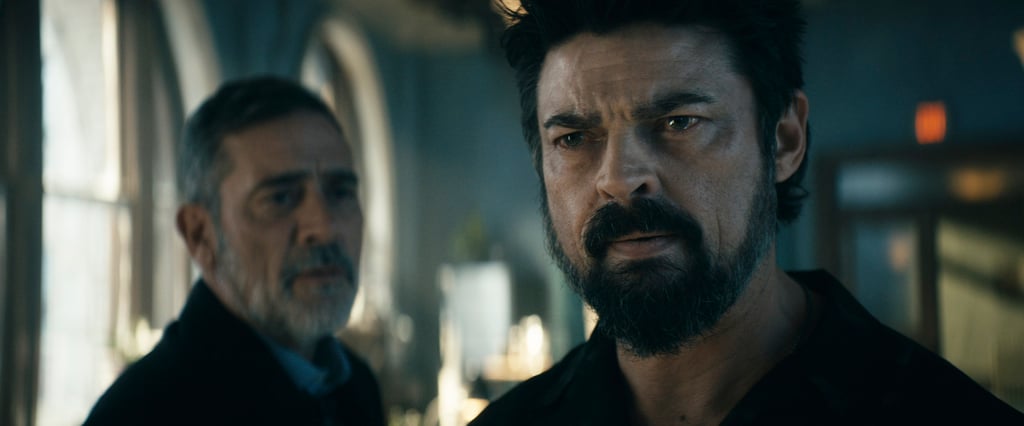In the United States, The Boys – a title that refers to the band of vigilantes out to take down the out-of-control “supes” – has lodged in Nielsen’s top 10 streaming shows for four straight weeks since entering the list in June, with the entire series topping a billion minutes viewed each week.

The current batch of eight episodes is the second most-watched season of a TV series in Prime Video’s history, says Vernon Sanders, head of television at Amazon MGM Studios, which produces The Boys with Sony Pictures Television.
Ratings growth in the fourth season of a series is a rarity. Sanders, who once oversaw current programmes at NBC, is more used to seeing audiences drift away as shows age.
He says he understands why The Boys, created by Eric Kripke and based on a comic-book series by Garth Ennis and Darick Robertson, keeps gaining new fans. Sanders believes those who initially passed over it thinking it was another capes-and-tights saga in the tiered superhero genre are taking another look.
“The packaging is deceptive,” Sanders says. “There a lot of people who probably initially thought a show called The Boys about bad superheroes won’t really have anything for me. And as they keep hearing about it, they give it a shot and realise how rich and complex it is.”

The endurance of The Boys is good news for Prime Video as it moves aggressively into the ad-supported streaming business. Prime Video’s 3 per cent share of all TV viewing is about a third of streaming behemoth Netflix’s share, according to Nielsen. But the tech giant has the potential to reach 115 million US viewers with commercials (Netflix’s nascent ad-supported tier reportedly has around 13 million users). The more hits Prime Video has to offer to advertisers, the better.
The series provides a humorously snarky look at social media, marketing, TV news, corporate corruption and the extremist political views of our times (as the supes expand their power into government, a TV news commentator says, “Let’s make America super again”).
Even in the fast-moving pop culture landscape where last week’s satire can become this week’s reality, the show has managed to hold on to its currency.
The Boys had a scarily on-the-nose moment last month as its fourth season finale depicted a presidential assassination attempt. The episode was scheduled to drop just days after a shooter tried to take the life of former US president Donald Trump at an outdoor rally in Pennsylvania.
Prime Video changed the title of the episode, originally called “Assassination Run”, and added a disclaimer denouncing political violence.

“There was a lot of nervousness,” says Sanders. “After taking a few days and absorbing it … we realised we were going to release this one way or the other and we felt the best thing to do was to stick to our schedule.”
The show’s look at how fearmongering can corrode a democratic system is also resonating outside the US. The Boys is performing especially well in the UK, India, France and Brazil, all countries that have been dealing with right-wing populist political movements.
The popularity of spin-off Gen V, which features a youthful Legion of Super-Heroes-type version of the “supes” of the original series, has also helped. Sanders notes that the younger, female audience for Gen V, which has been renewed for a second season, is finding its way to The Boys.

Producers are keeping The Boys in the pop culture conversation with unexpected cameos and guest stars, such as Will Ferrell turning up as a coach in a fictionalised movie about superhero A-Train. Sanders believes every time a big name appears on the series, more viewers sample it.
The sustained success has led to Amazon discussing ways to keep the franchise going beyond next year’s fifth season, which the producers say will be its last.
“We’ve definitely been in conversations,” Sanders says. “Eric Kripke and the team have been thinking about other things they want to do in the universe.”

